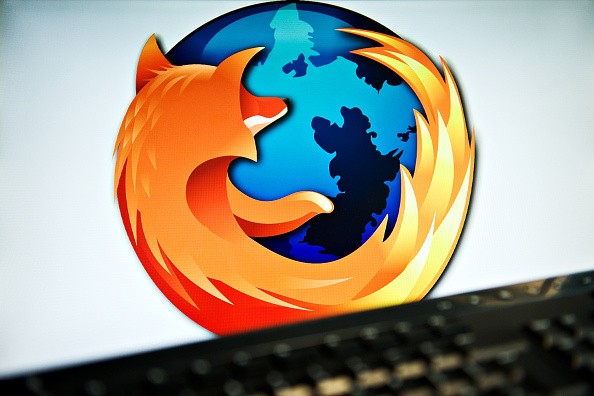
Mozilla, the non-profit behind the Firefox web browser, is celebrating its 25th anniversary by founding an artificial intelligence (AI) company named Mozilla.ai.
Mozilla's executive president and Mozilla.ai's lead, Mark Surman, has said that the company aims to create open-source and "trustworthy" AI tech.
While working on trustworthy AI for over five years, he has felt "constantly a mix of excitement and anxiety. He told TechCrunch, "The last month or two of rapid-fire big tech AI announcements has been no different. Really exciting new tech is emerging - new tools that have immediately sparked artists, founders ... The anxiety comes when you realize almost no one is looking at the guardrails."
Real-World Implications of AI
Surman was alluding to the current onslaught of AI models that, although remarkable in their skills, have worrying practical ramifications.
In its first form, OpenAI's ChatGPT, a conversational AI, could be trained to compose malware, find vulnerabilities in open-source code, and design phishing websites that mimicked popular ones. On the other hand, text-to-image AI systems like Stable Diffusion have been misused to generate pornographic, nonconsensual deepfakes and ultra-graphic portrayals of violence.
The models' developers have pledged to do everything possible to prevent exploitation. However, Mozilla believed more could be done.
"We've been working on trustworthy AI on the public interest research side for about five years, hoping other industry players with more AI expertise would step up to build more trustworthy tech. They haven't," Surman asserted.
Firm's Mission Statement
Mozilla.ai, like the Mozilla Corporation and Mozilla Ventures, is an entirely owned division of the Mozilla Foundation, which seeded it with $30 million.
According to the report, Mozilla.ai is a business that aims to help build a reliable, independent, open-source AI stack by combining the characteristics of a research organization and a community.
Mozilla.ai's first goal is to assemble a team of about 25 developers, researchers, and product managers to create trustworthy recommendation systems and huge language models similar to OpenAI's GPT-4. The company's larger goal is to build a coalition of like-minded organizations, such as Mozilla Ventures-backed businesses and academic institutions.
Mozilla.ai will spend the following several months building tools that, for example, allow users to examine the sources underlying the answers that AI chatbots provide. This is all in an effort to pursue the current trends in AI research, which also happen to be the areas that get more funding.
Building on Mozilla's previous research, the company plans to develop systems that optimize suggestions for individual or community values, giving consumers more agency over content recommendation AI like the algorithms that power YouTube, Twitter, and TikTok feeds.

ⓒ 2025 TECHTIMES.com All rights reserved. Do not reproduce without permission.




